
Studies Link Soda To Depression, Kidney Damage, Heart Attacks And Brain Damage
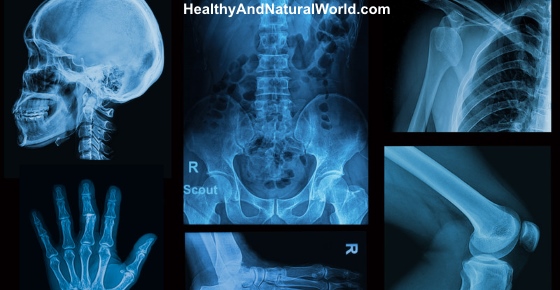
Coca-Cola has begun labeling certain bottles with claims like “no artificial flavors” and “no chemical preservatives,” hoping to win back health-conscious consumers.
But the reality behind the label is far more complicated. Coke contains phosphoric acid, an ingredient that functions as both an artificial flavoring and a preservative — and one that has been linked to several health concerns. Along with it come other ingredients associated with depression, kidney strain, heart problems, and even cognitive decline.
Below is a closer look at what happens to your body when you drink a single can of soda, followed by the long-term consequences of regular consumption.
What Happens When You Drink a Can of Soda
0–20 minutes: A sudden sugar rush
One can of Coke delivers about 10 teaspoons of sugar — your entire recommended daily intake in one hit. Blood sugar spikes sharply, stimulating a surge of insulin. Your liver reacts by converting excess sugar into fat.
40 minutes: Caffeine overload
By now, all the caffeine has been absorbed. Your pupils dilate, blood pressure rises, and the liver releases even more sugar into your bloodstream.
45 minutes: Dopamine spike
Coke increases dopamine production in the brain, activating reward pathways in a way similar to certain addictive substances. The “pleasure hit” encourages repeated cravings.
60 minutes: The crash
A steep drop in blood sugar follows, often causing fatigue, irritability, mental fog, and lethargy.
Meanwhile, phosphoric acid masks the drink’s overwhelming sweetness, allowing this much sugar to be consumed without an immediate aversion.
How Coke Can Harm Your Bones
Phosphoric acid and bone loss
Phosphoric acid (E338) is highly acidic — more acidic than vinegar or lemon juice. Some studies have linked regular cola intake to reduced bone mineral density, especially in women.
A large study in The American Journal of Clinical Nutrition found that women who drank cola daily had 3.7% lower bone density at the hip compared to non-cola drinkers. The effect did not appear with other carbonated beverages.
A counter-study claiming the opposite was funded by Coca-Cola and has been widely criticized for bias.
Depression and Mood Disorders
Research from the American Academy of Neurology found that people who drink 4 or more sodas a day are 30% more likely to develop depression compared to non-drinkers.
Kidney Damage
The National Kidney Foundation strongly warns against soda consumption. Results from the Nurses’ Health Study showed that women who drank several diet sodas daily had a 30% greater decline in kidney function over 20 years.
Respiratory Damage
A study in Respirology found that soda drinkers have a higher risk of asthma and COPD, likely due to inflammation and chemical additives.
Brain Damage from Diet Soda
Even sugar-free options can be harmful.
Aspartame — a common artificial sweetener — has been shown in Drug and Chemical Toxicology to shift the brain’s antioxidant balance, increasing oxidative stress. Long-term consumption may accelerate neurodegenerative changes.
Dental Destruction
High acidity combined with sugar leads to enamel erosion and cavities. Studies consistently link soft drink intake to tooth decay and severe dental erosion.
Heart Disease
A Harvard study found that those who drank the most sugary beverages had a 20% higher risk of heart attacks. Researchers also reported adverse shifts in inflammatory markers, lipids, and leptin.
Misleading Labeling and Lawsuits
Coca-Cola faces ongoing class-action lawsuits over claims like “no artificial flavors.”
Though phosphoric acid isn’t on a limited FDA list, it clearly fits the FDA’s broader definition of an artificial flavor: a non-natural ingredient added specifically for taste. Coke admits the ingredient adds tartness and prevents spoilage — both hallmarks of a preservative.
Phosphates Beyond Soda
While meat and dairy also contain phosphates, the danger with Coke lies in the combination of phosphoric acid plus very high sugar content, which amplifies metabolic stress and inflammation.
Diet Soda: Even Worse?
Research published in the American Heart Association’s journal Stroke found that drinking diet soda daily triples the risk of dementia and stroke.
Artificial sweeteners may also raise cancer risk and disrupt insulin signaling, despite containing no calories.
Conclusion
Coca-Cola affects nearly every system in your body — from bones and teeth to the kidneys, lungs, heart, and brain. Whether regular or diet, soda carries significant long-term risks. Avoiding fizzy drinks is one of the simplest ways to support overall health, reduce inflammation, and protect key organs.
News in the same category


The simple circulation secret that can reduce varicose veins naturally

Doctors Reveal What Really Happens When You Eat Avocado Every Day
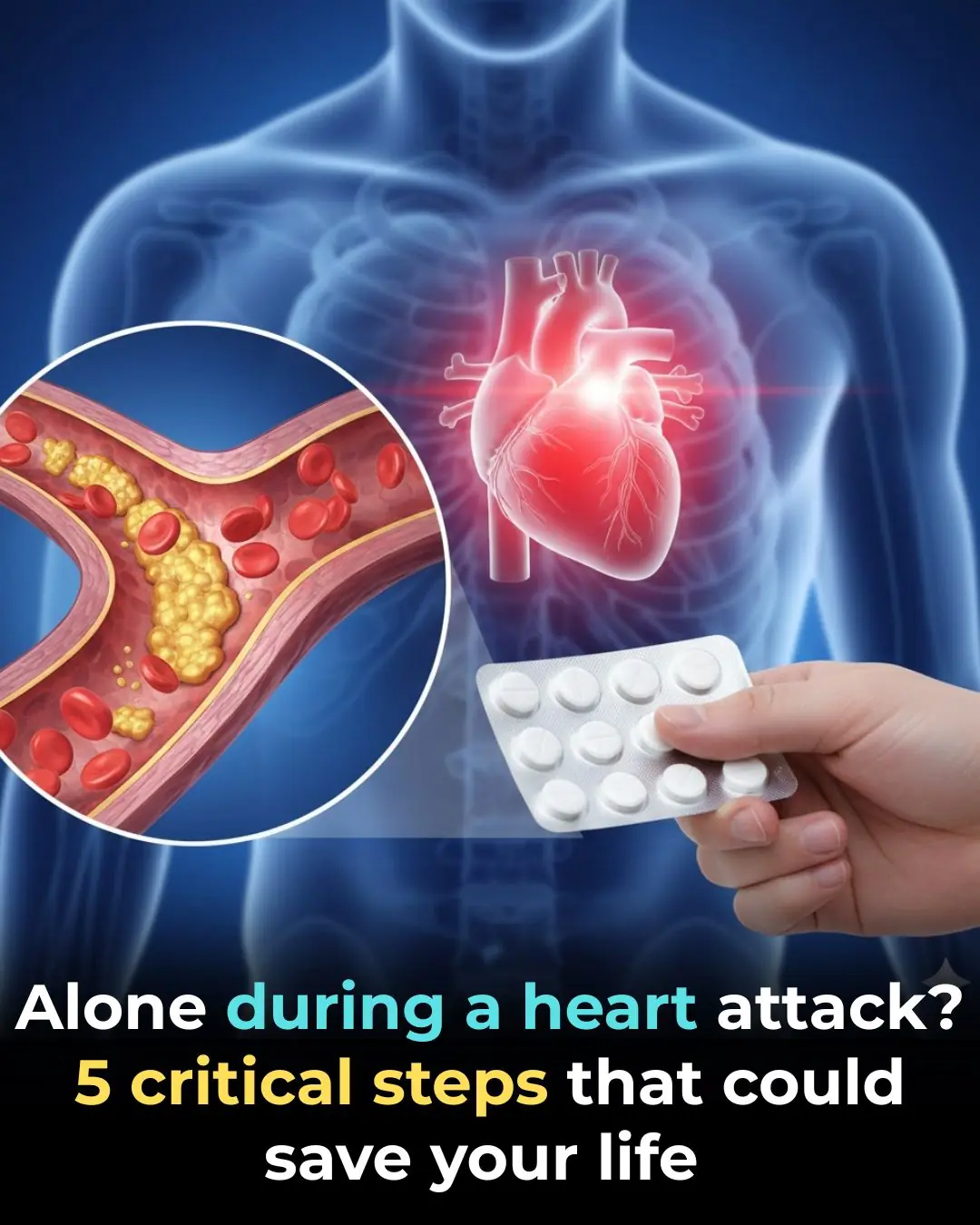
Home Alone During a Heart Attack …5 Critical Steps That Could Save Your Life

The Best Tea to Start Your Morning and After Dinner: A Powerful Blend for Wellness
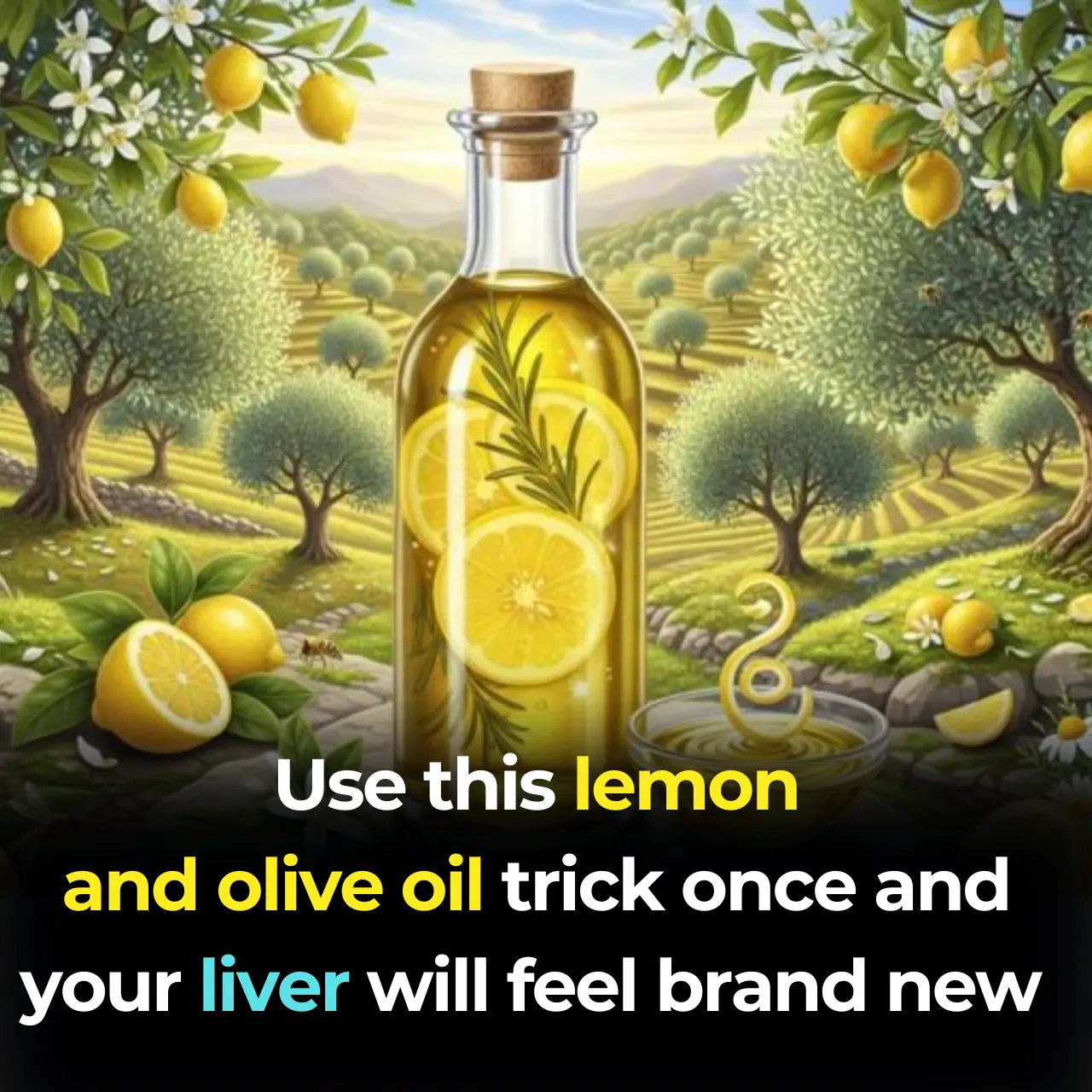
A Powerful Mixture for Cleansing Your Liver (2 Ingredients)
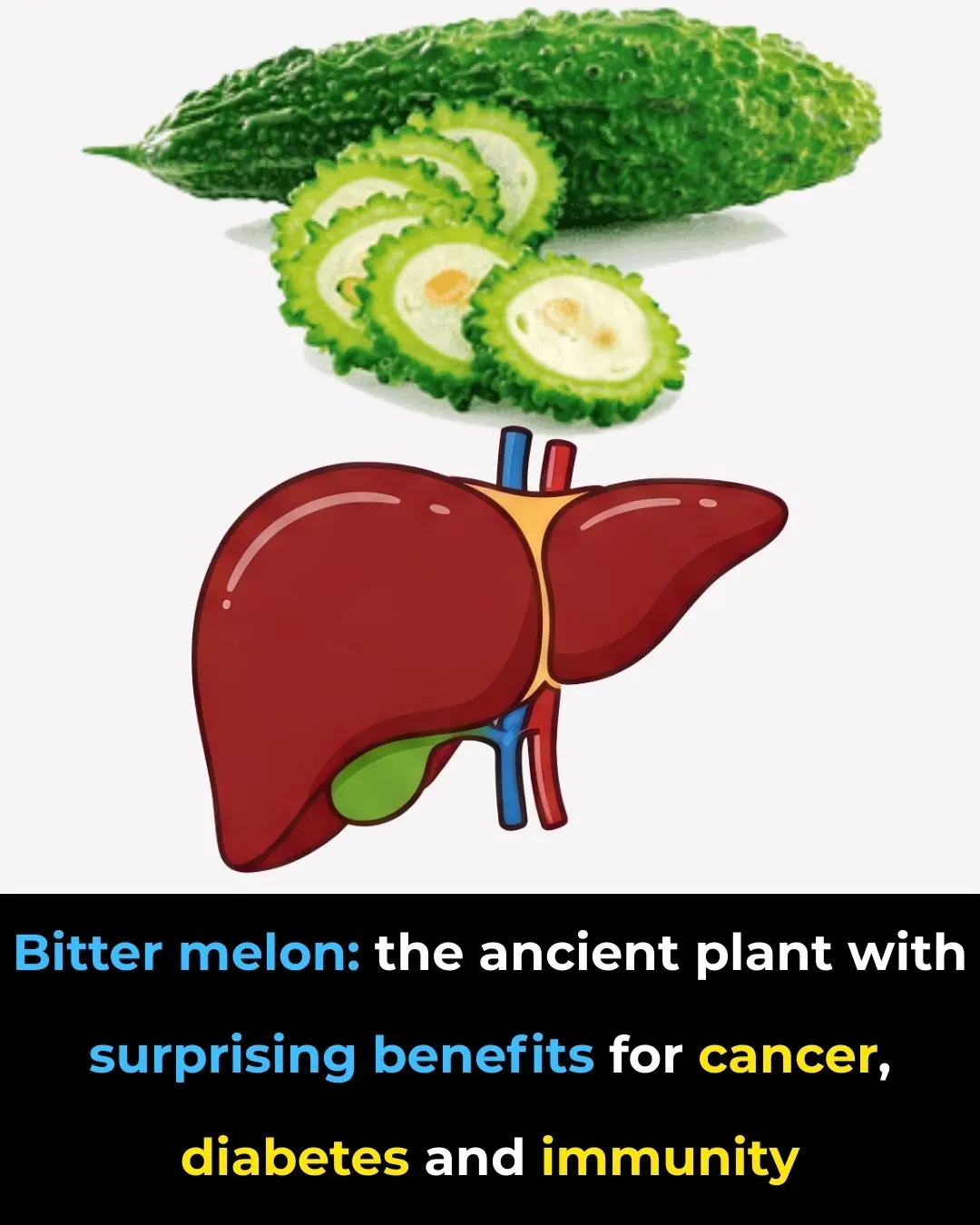
The Plant That Kills Cancer Cells, Stops Diabetes And Boosts Your Immune System!

7 powerful vitamins you need for strong, healthy legs
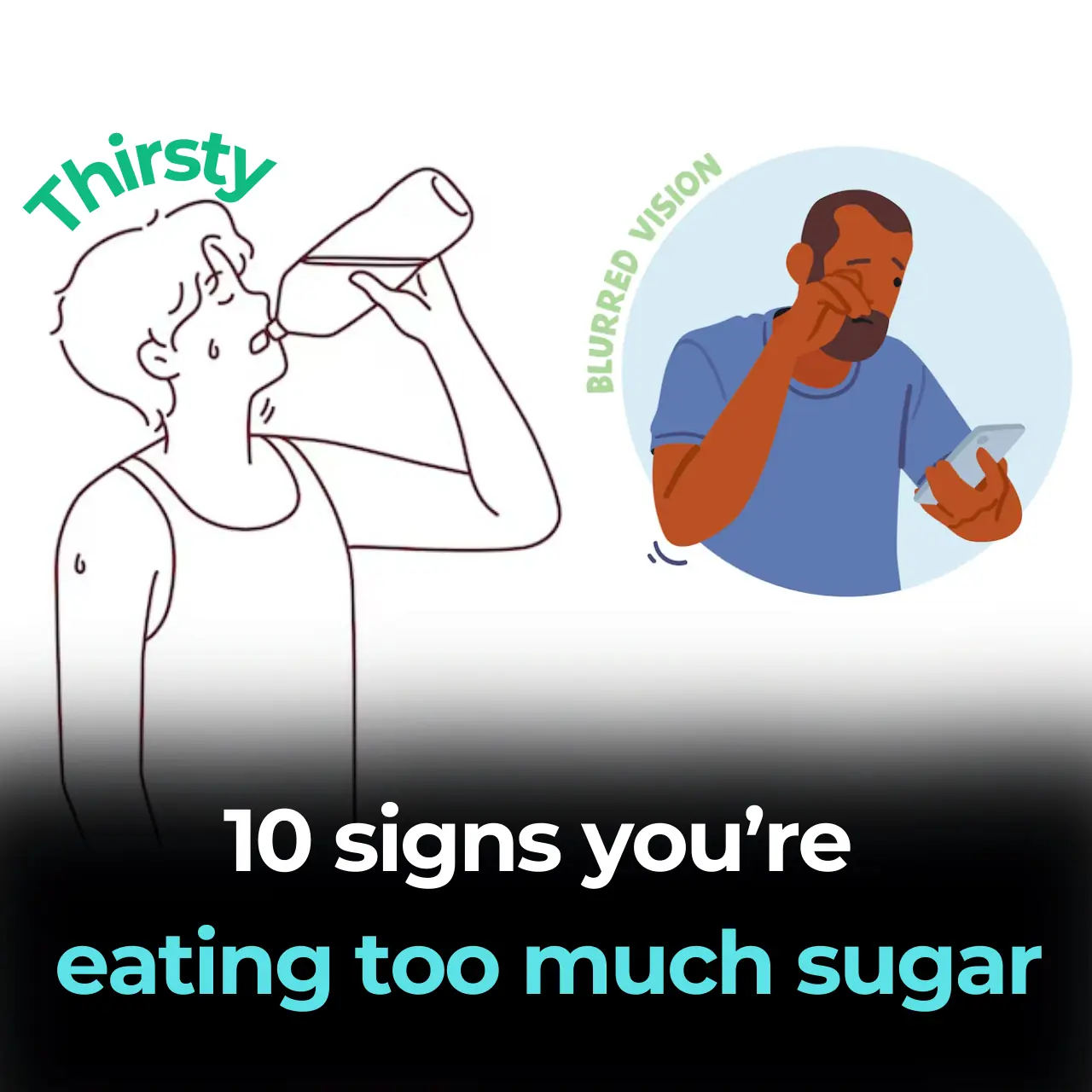
10 signs you’re eating too much sugar
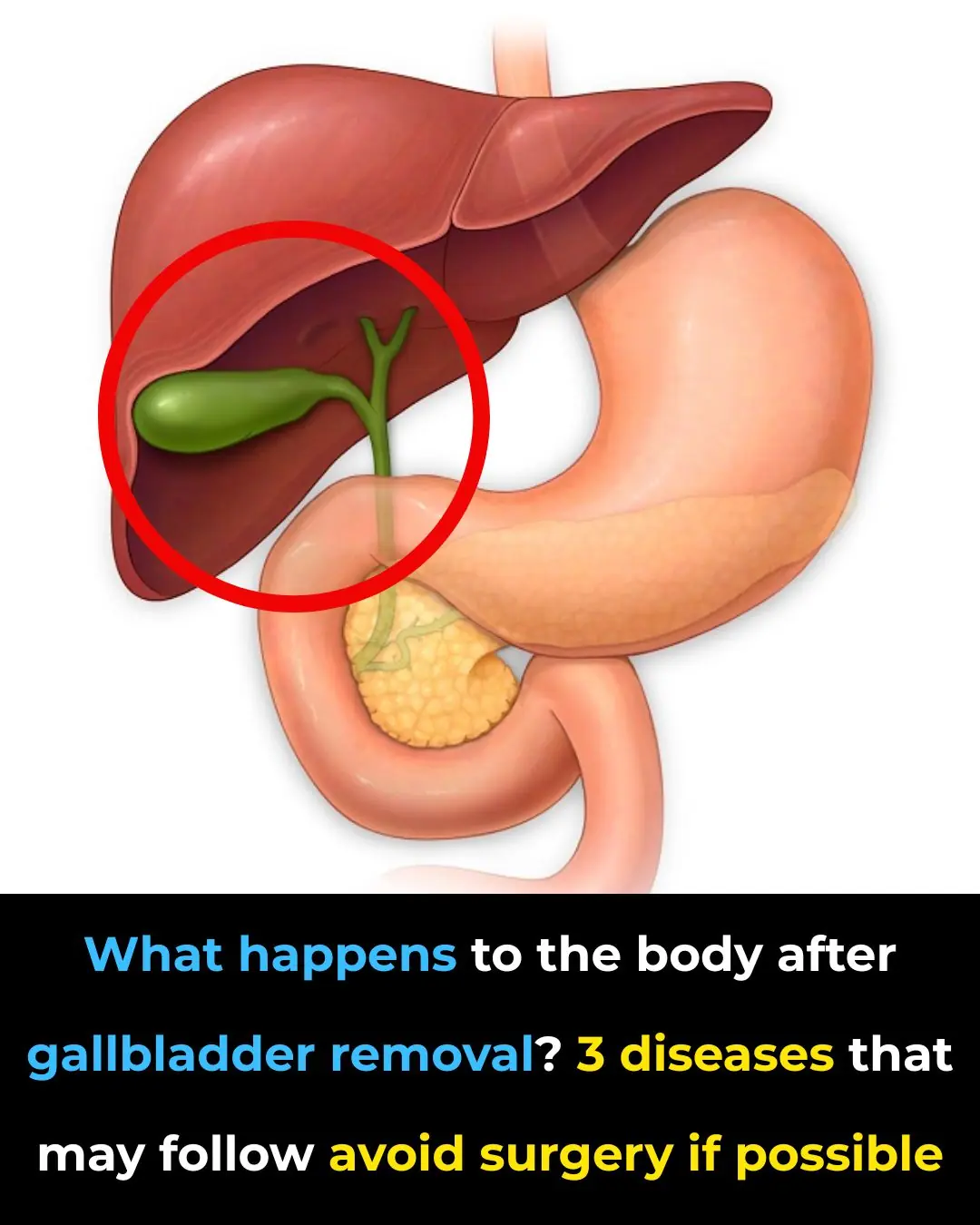
Gallbladder removal: what happens next and 3 risks to watch for

10 Warning Signs Your Kidneys May Be in Danger
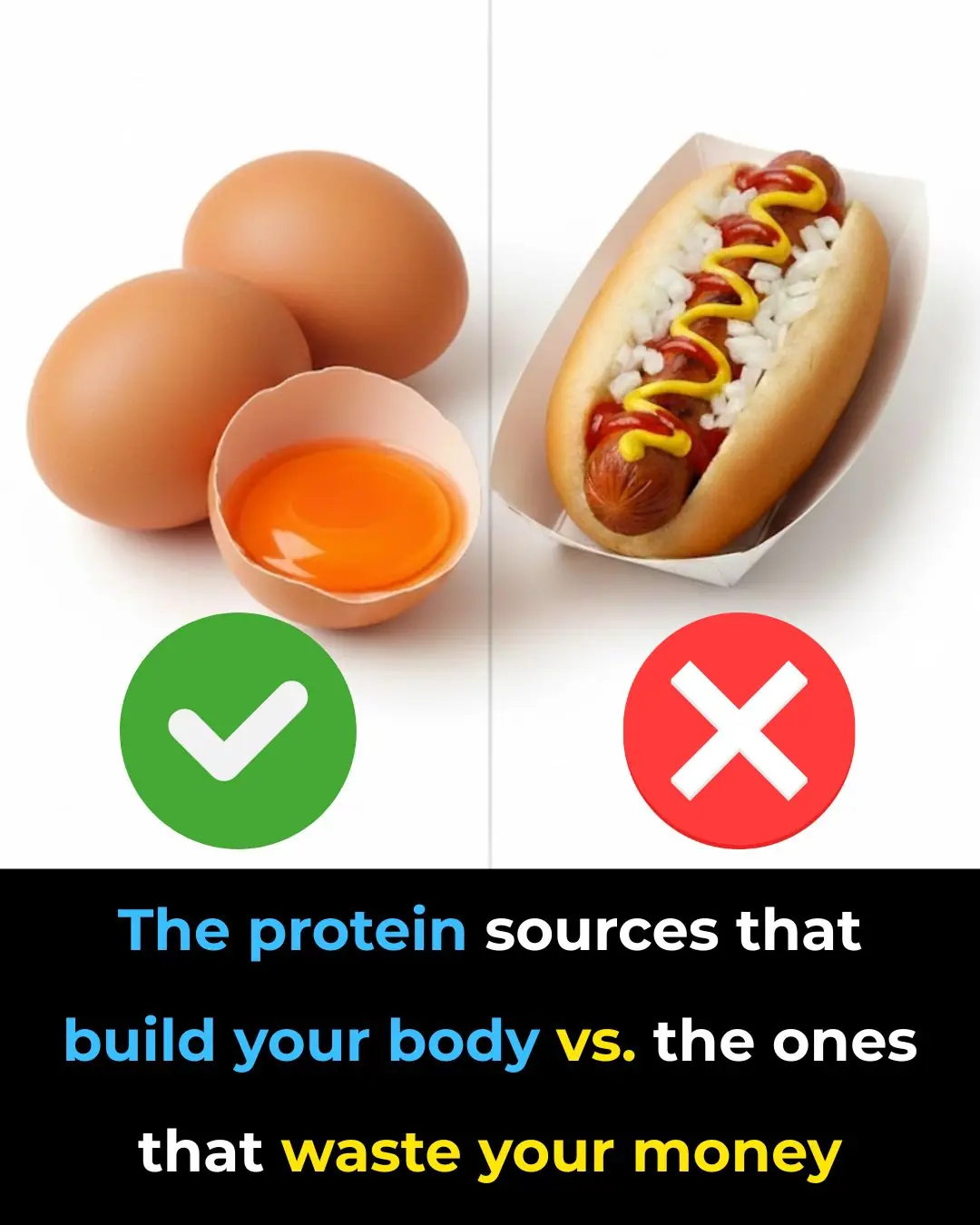
The protein sources that build your body vs. the ones that waste your money
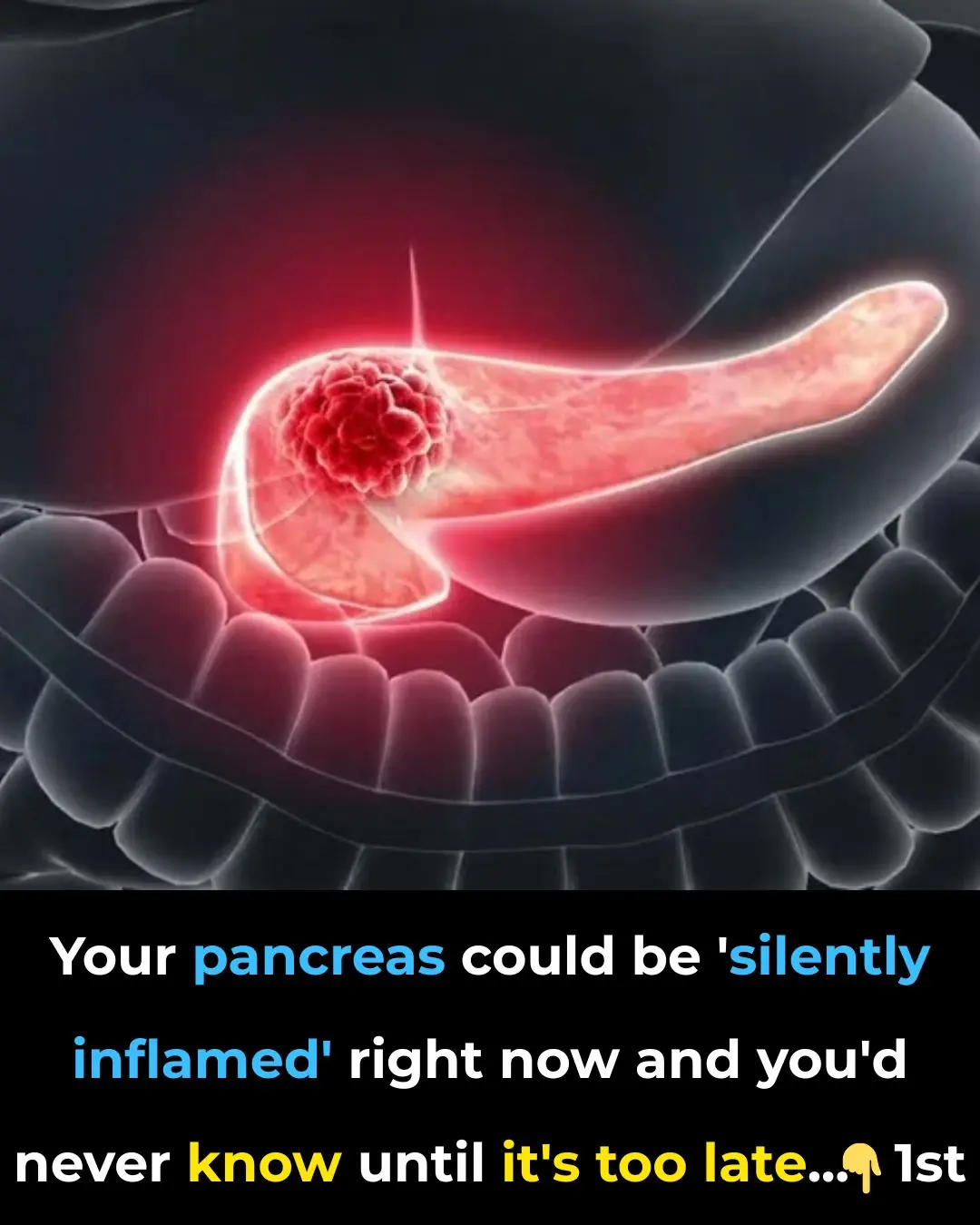
Your pancreas could be ‘silently inflamed’ right now and you’d never know until it’s too late
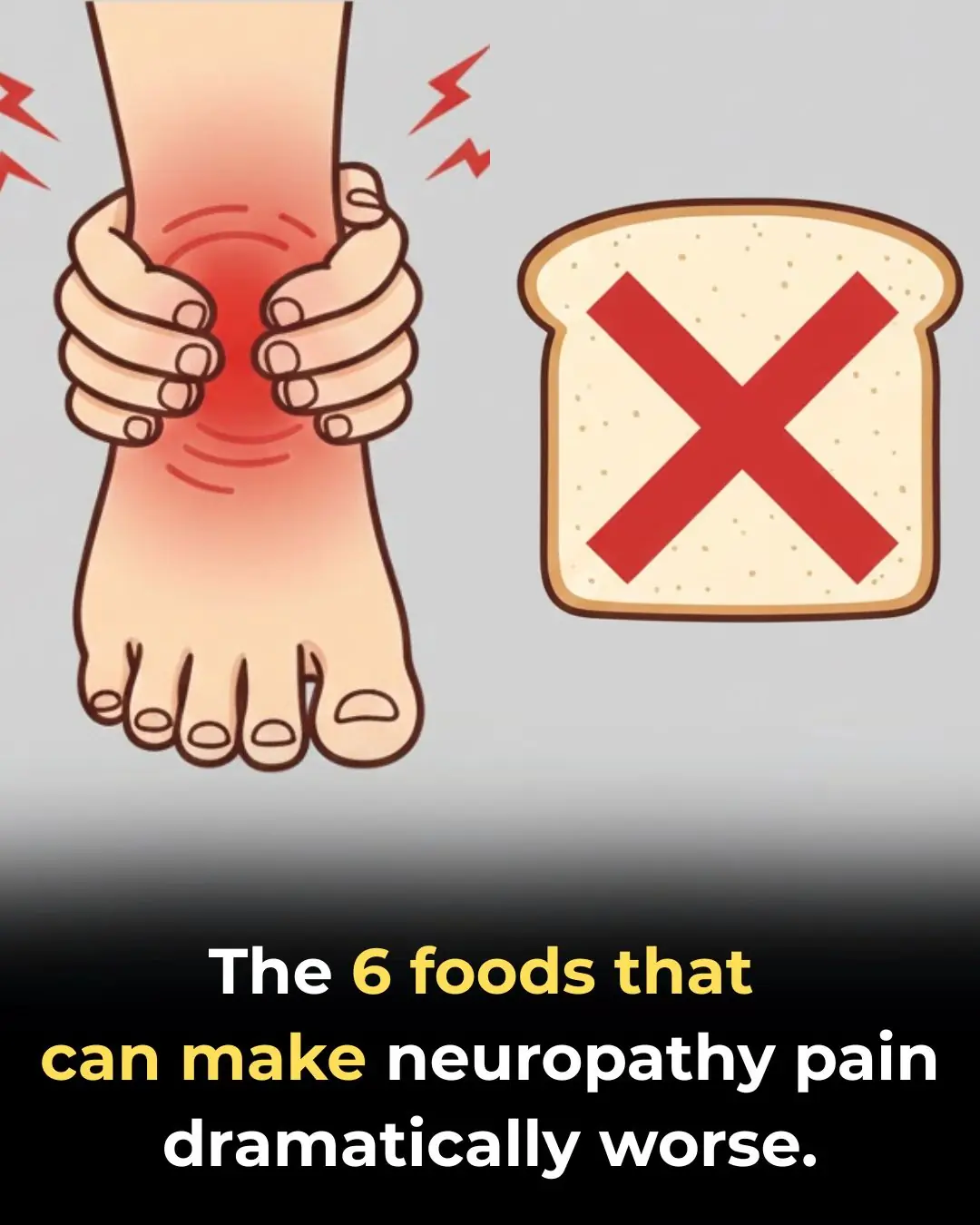
6 Trigger Foods That Cause Agonizing Pain If You Have Neuropathy
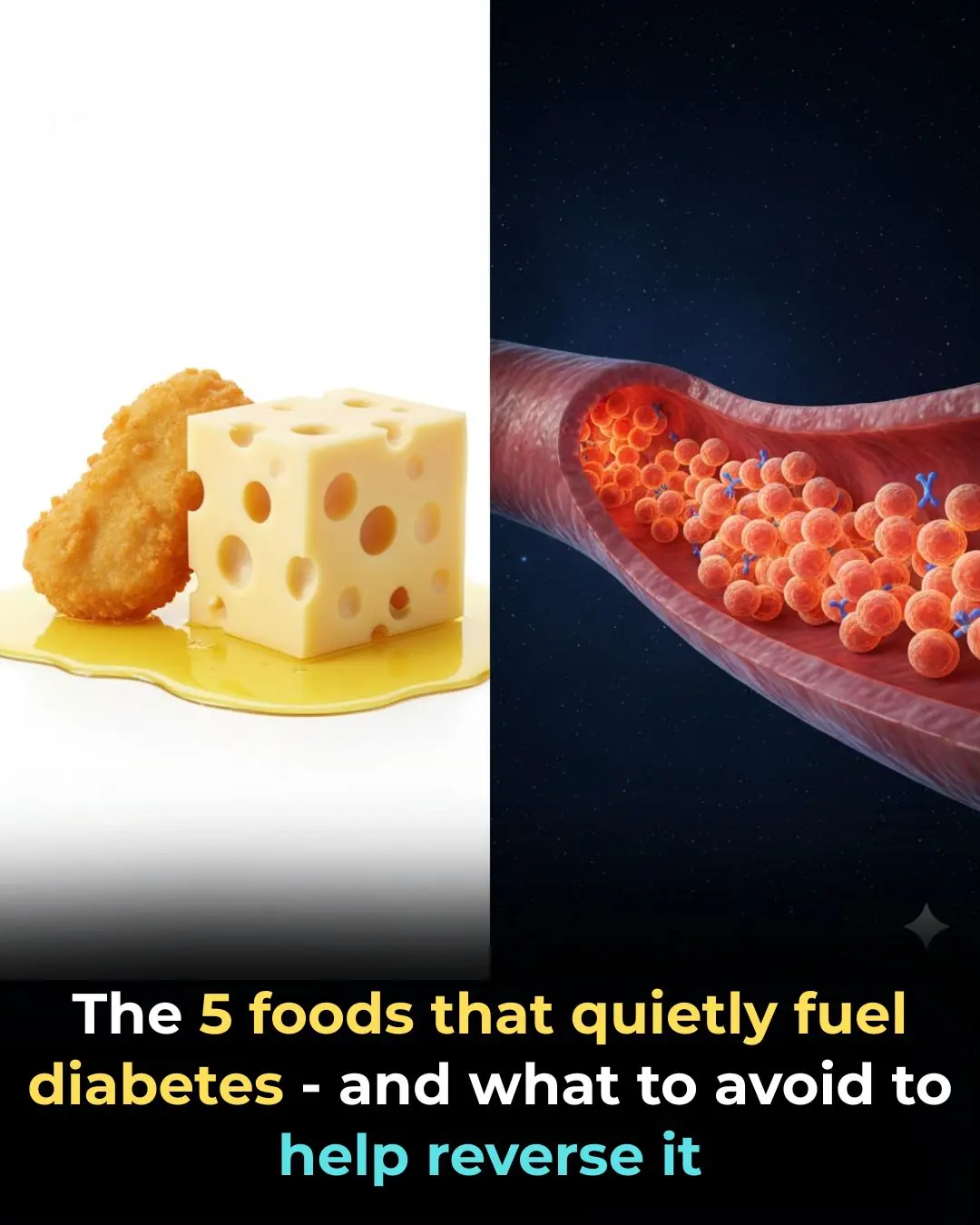
The 5 foods that quietly fuel diabetes — and what to avoid to help reverse it

What if you ate 4 eggs a day with the yolks for 30 days

The Plant That Kills Cancer Cells, Stops Diabetes And Boosts Your Immune System!
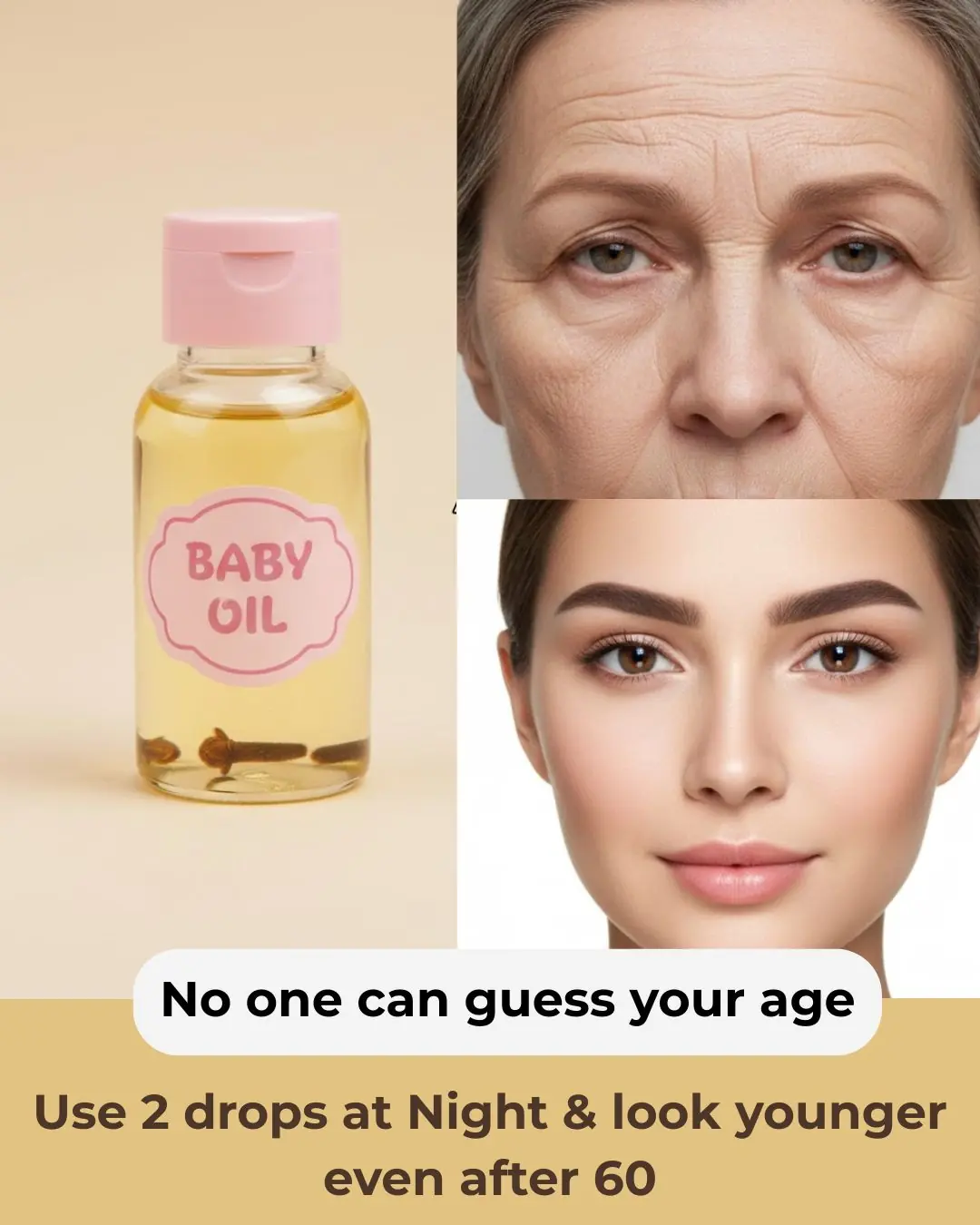
The Ultimate DIY Clove Skincare Routine
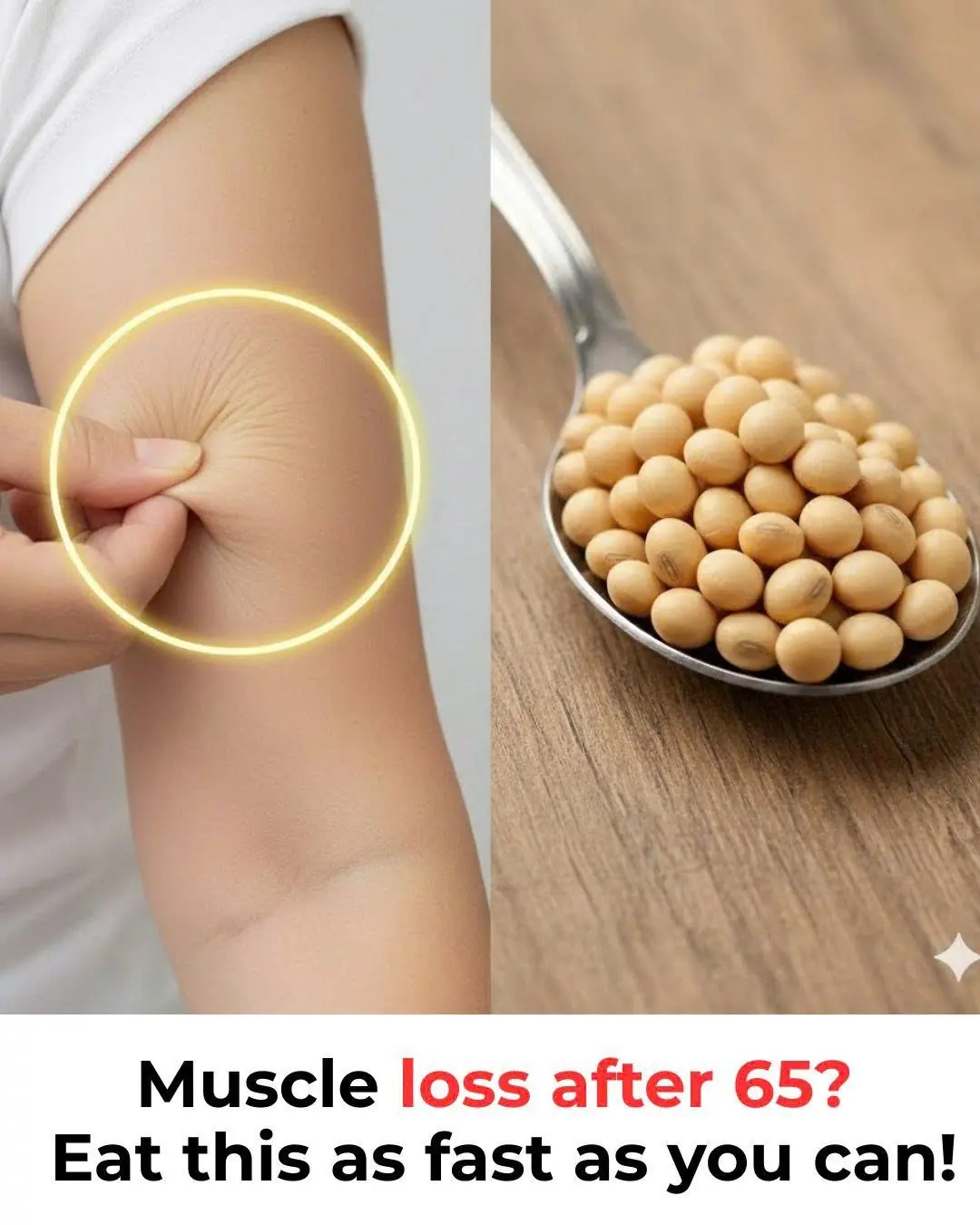
Foods That Are Beneficial For Strengthening Muscles In Old Age
News Post

Onion Oil for Hair: The Smelly Secret to Long, Lush Locks

What does it mean to walk with your hands behind your back?

The Hidden Power of Mango Seed

The simple circulation secret that can reduce varicose veins naturally

Doctors Reveal What Really Happens When You Eat Avocado Every Day

Home Alone During a Heart Attack …5 Critical Steps That Could Save Your Life

Rice Baby Oil Collagen Cream For Wrinkle Free Glowing Skin
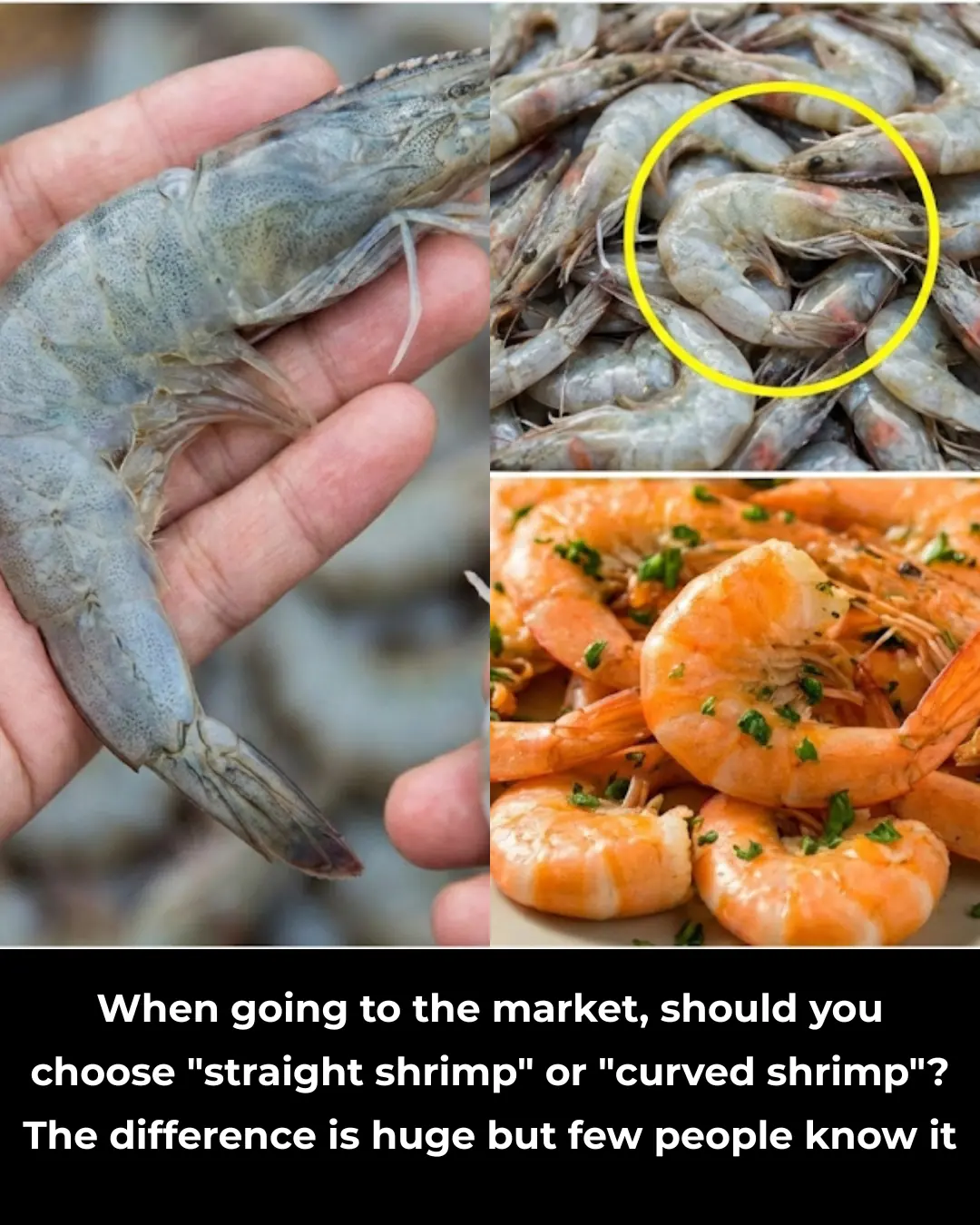
When Buying Shrimp: Should You Choose Straight or Curved Ones? The Difference Is Huge but Few People Know

Tiny Wings, Mighty Legacy: How Bees Create Honey and Sustain Life on Earth
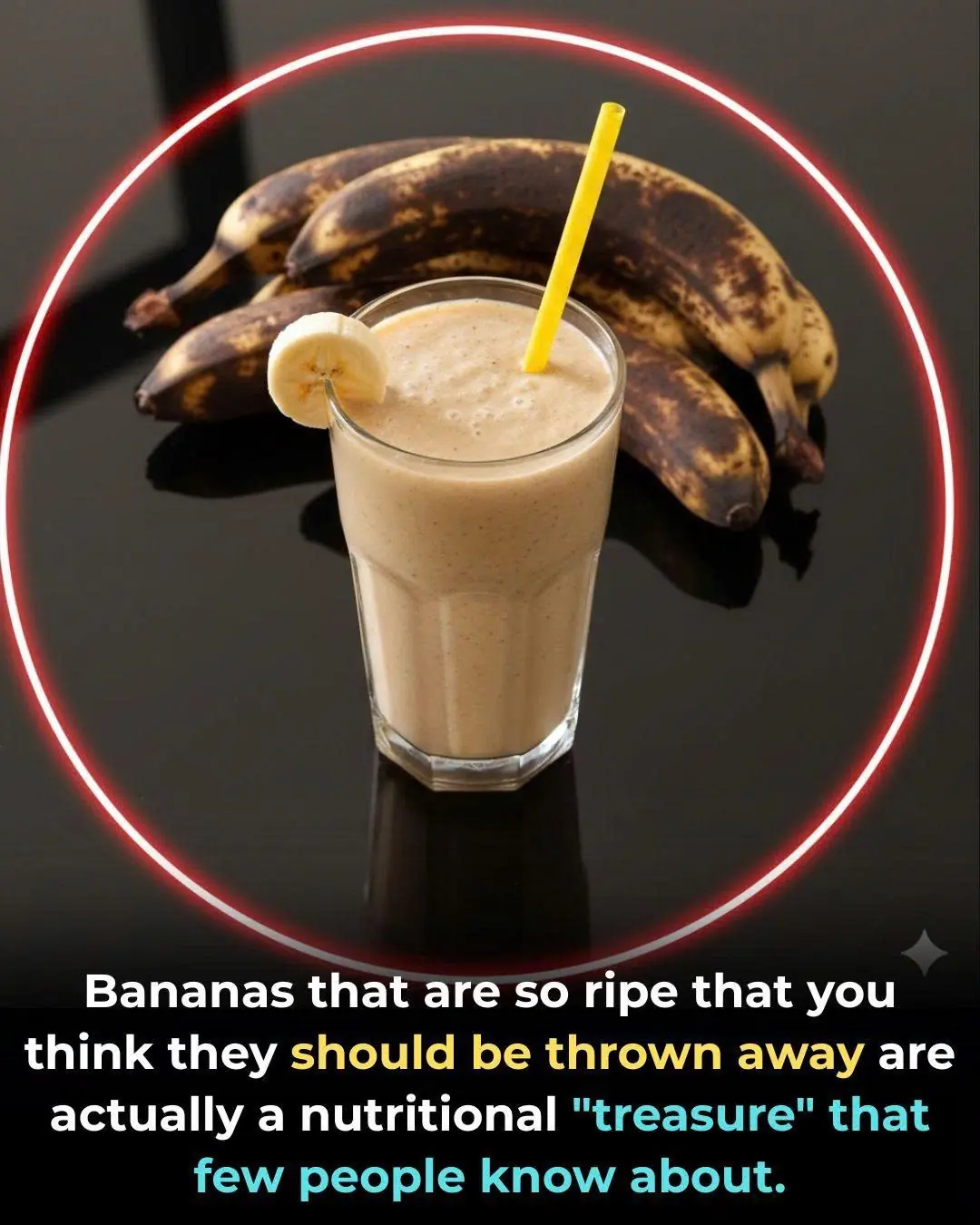
Don’t Throw Away Overripe Bananas – The Black-Spotted Ones Are a Nutritional Treasure

Hawaii Is Releasing Mosquitoes From Drones — And It Could Help Save Species From Extinction
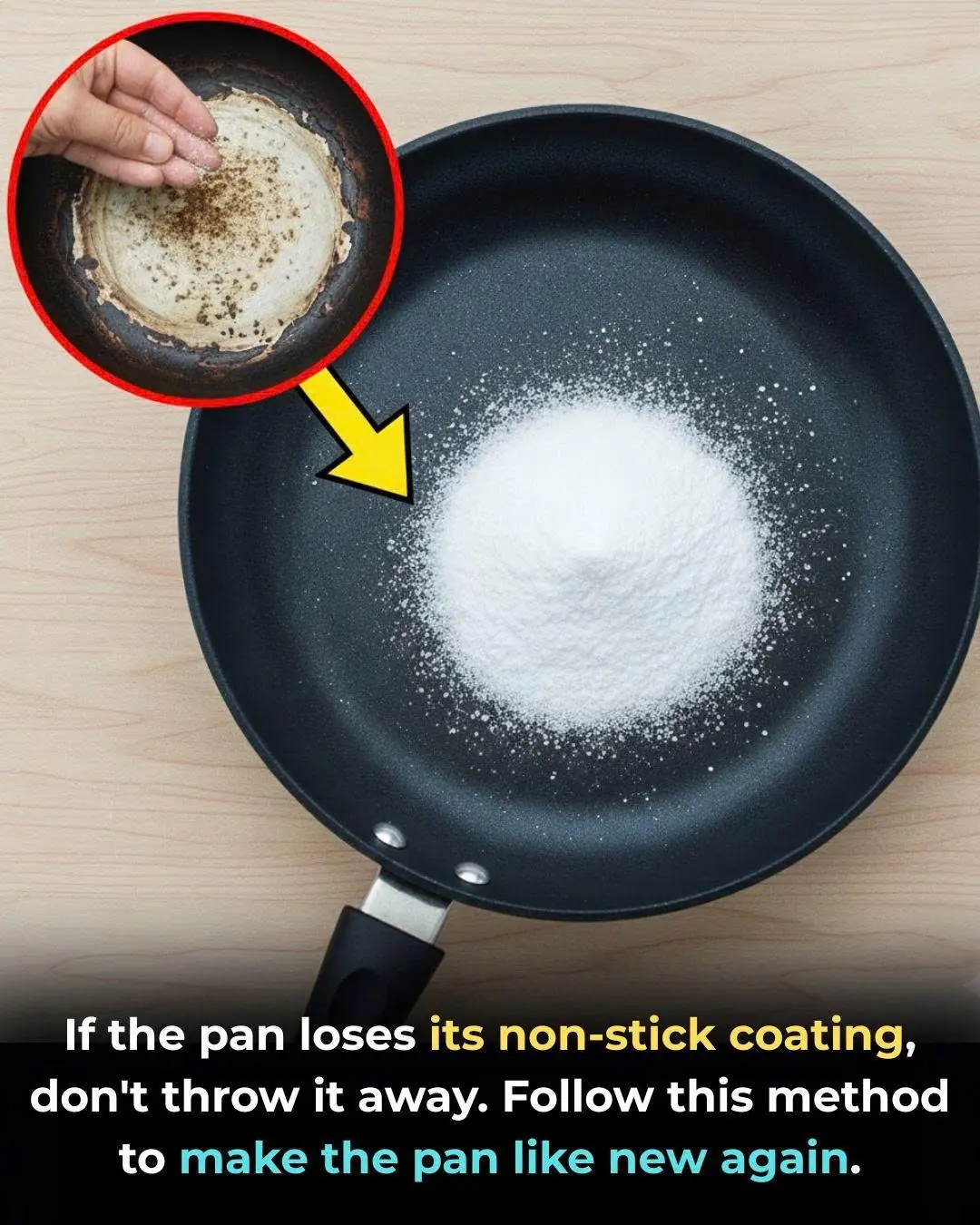
Your Non-Stick Pan Lost Its Coating? Don’t Throw It Away – Here’s How to Use It Like New

Superfetation: The Rare Phenomenon of Becoming Pregnant While Already Pregnant
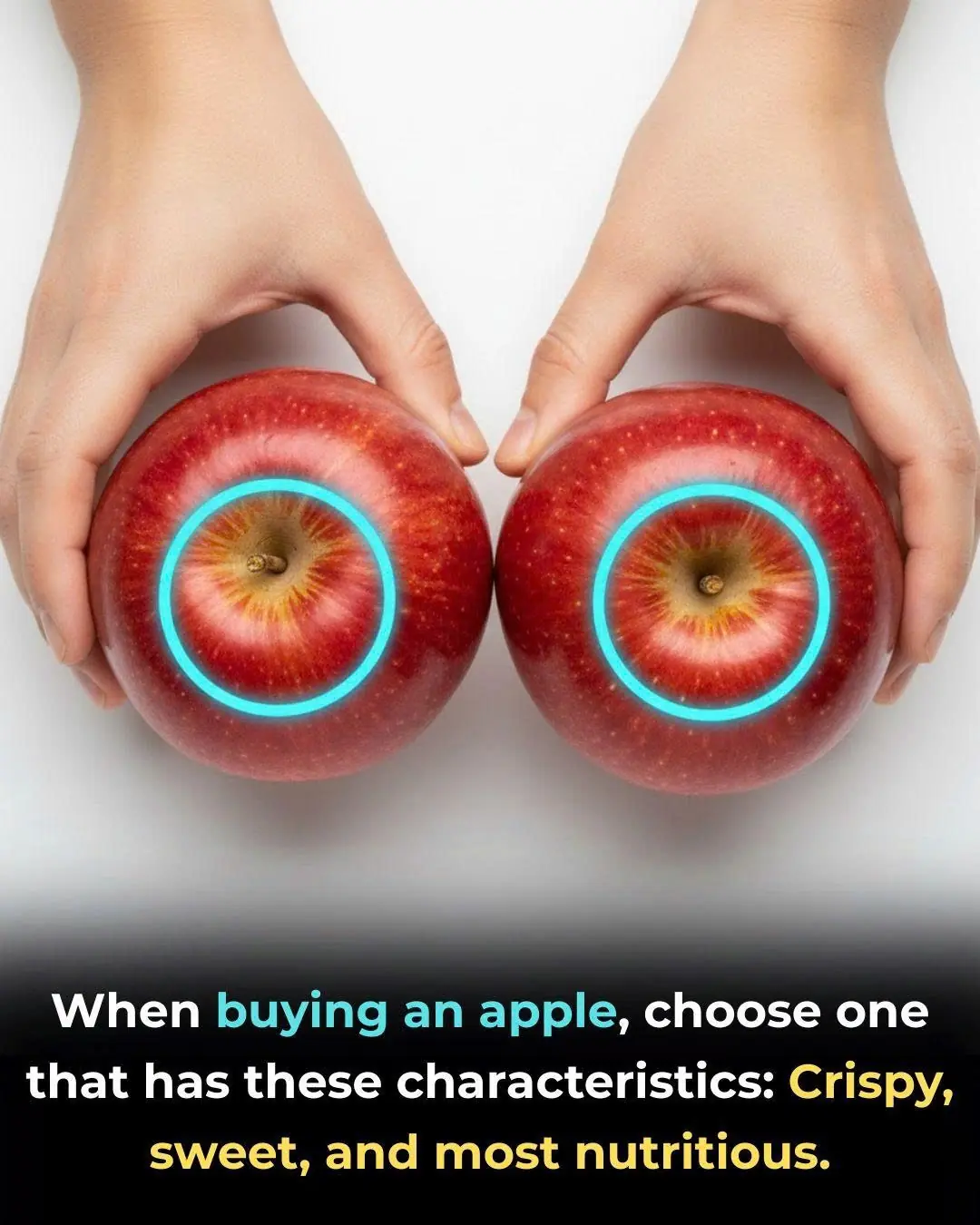
How to Choose the Best Apples: The Crispest, Sweetest, and Most Nutritious Ones (Updated for Nov 11, 2024)

When a married woman is obsessed with another man, she does 9 things.

Dr. Joseph Dituri Sets Record With 93 Days Underwater — And Discovers Stunning Health Benefits

The Mystery of the Blue Stop Sign

The Simple “Finger Test”

🦻 Hearing Loss: What Really Causes It — And What You Can Do
